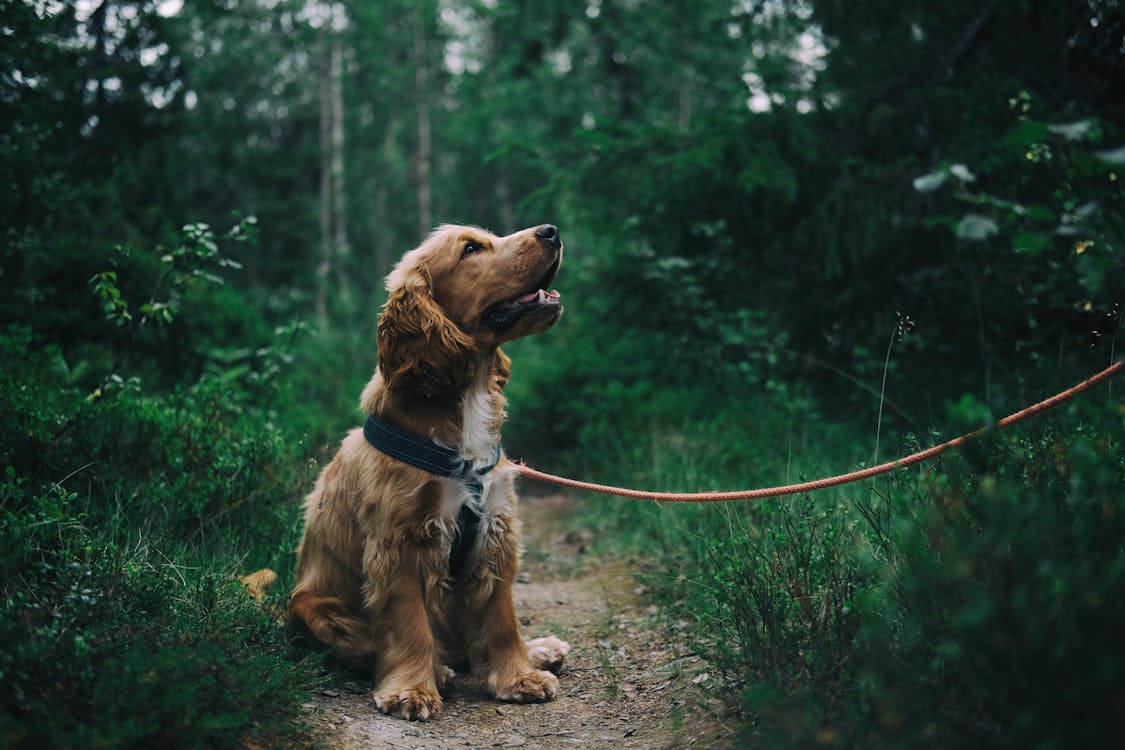Flea powder on dogs' fur is poisoning Heath ponds, study finds
'One solution would be to persuade dog owners to change how they use these products'
Thursday, 3rd October 2024 — By Dan Carrier

Products used to tackle ticks are having a knock-on effect on water wildlife
POISONOUS flea powder is killing wildlife on Hampstead Heath – and new research shows levels of pollutants in ponds used by pets to bathe have dangerous levels of chemicals in them.
A study conducted by the Heath and Hampstead Society with the City of London and London Zoo has laid bare the impact humans and their pets have on the common land.
Ecologist Dr Jeff Waage has led the study and warned flea powders use highly toxic chemicals, which have previously caused a dramatic fall in bee populations. Designed to kill insects, they have devastating consequences when washed into ponds, and has knock-on effects for fish because of the damage to the food chain.
Dr Waage said: “We face a particular problem on the Heath ponds, where many of us take our dogs for a swim. One way to visualise the potential effects of such pesticides is to consider the wildlife we enjoy and value, and the role of the Heath as a refuge for nature.
“Some of the charismatic and threatened wildlife which may be affected include our remarkable diversity of dragonflies. A decline in pond invertebrates may also affect animals like swifts and water bats, who feed on insects emerging from ponds and birds like kingfishers and great crested grebes, who depend on fish feeding on invertebrates.”

Dr Jeff Waage at the ponds on Hampstead Heath
Balancing how people use the Heath with the impact they make is vital to protect wildlife, he added.
“Dogs get many people to the Heath for exercise,” he said. “Set against these positives, we know both people and dogs can damage the Heath’s natural habitats by making broad paths in woodland and meadows and by disturbing wildlife.”
He said that the Society had believed until recently that by banning dogs from all but three ponds and having barriers in place to limit the space they can use would protect wildfowl from dog attacks.
But recent research into the UK’s waterways shows that a large amount of pesticides associated with dog flea powder was finding its way into the water courses.
So last year, the Society began the study of Heath water. Using three dog-free ponds to compare levels, the research found startlingly high incidence of flea powder in the waters where dogs swim, and none in others. The levels found in three dog ponds were above the figures deemed to be safe by the UK government and the EU.
“Because there is no evidence of contamination caused by off-Heath sources, it means the source of this environmentally damaging pollution is swimming dogs,” Dr Waage said.
He said eight out of 10 Heath dog walkers questioned were unaware of the dangers. Dr Waage said reducing the numbers of dog ponds would be unpopular but he added: “One solution would be to persuade dog owners to change how they use these products. They could use products less likely to pollute the ponds, using them on an ‘at need’ basis and carefully following the instructions for use.”
He said vets needed to be better informed.
A City spokesman said: “Our three dog-friendly ponds are a popular spot for pet owners, particularly in the summer months. The use of modern flea and tick treatments can have a harmful effect on invertebrates which call these ponds their home. We are in the early stages of working with the Heath & Hampstead Society, and our partners, to investigate the impact of these treatments on the local water environment and biodiversity.”

